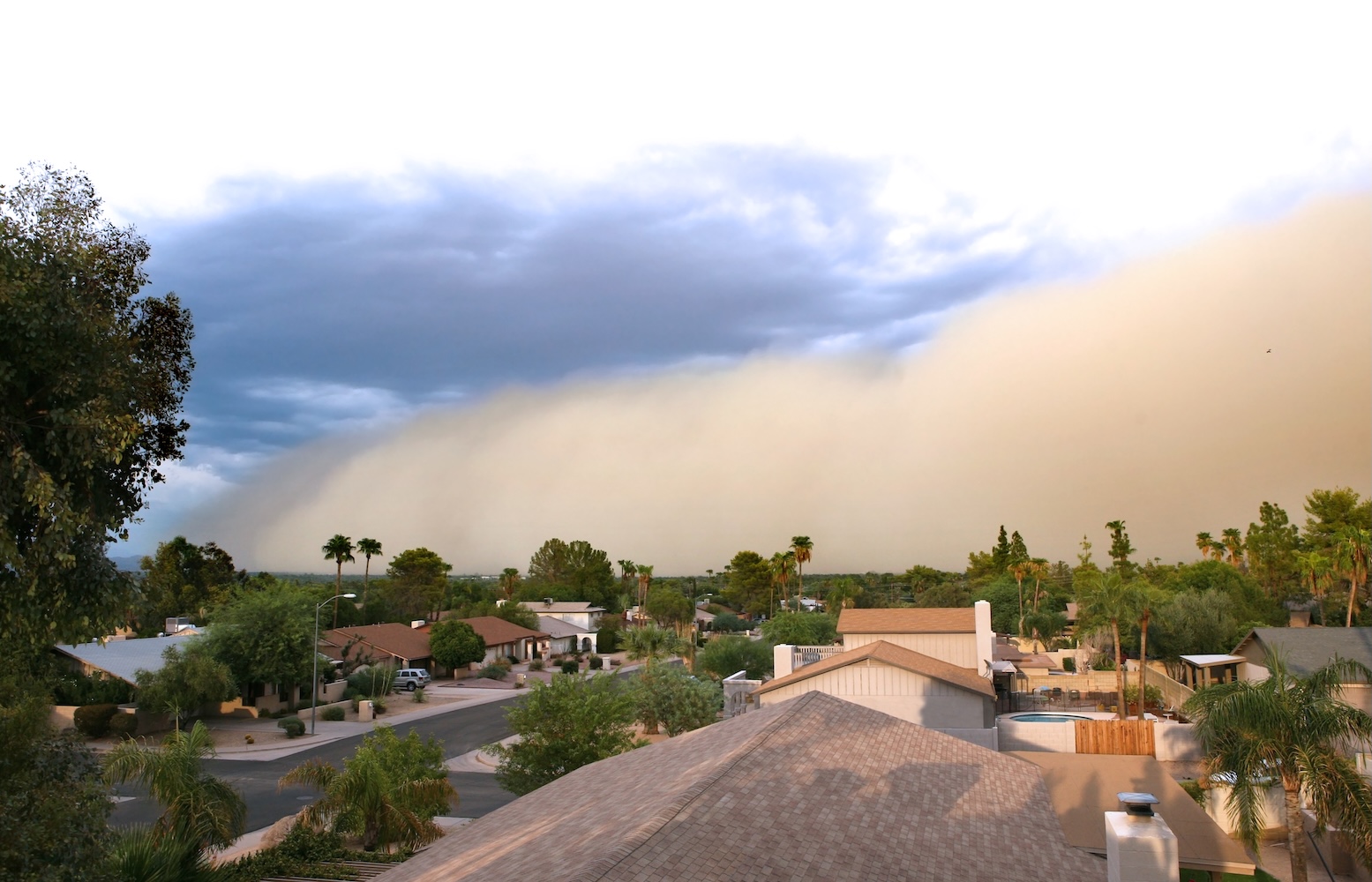TikTok’s fate and future accessibility to its 170 million American users remains unclear ahead of January 19, the date of its proposed ban in the United States.
On January 10, the Supreme Court sat through oral arguments in favor of the app’s presence in the U.S. NBC News reported that the conservative-majority court didn’t seem swayed by arguments claiming that the TikTok ban is unconstitutional, violating free speech. Whether or not the Supreme Court will block the ban before January 19 is still up in the air.
Details of how the ban will play out are unclear. Possibilities include TikTok being removed from app stores and unable to be updated, leading to its eventual defunctness.
Last year, the China-based company ByteDance – TikTok’s parent company – was given a choice by the U.S. government. Its options were to sell TikTok to a U.S. company within a six-month window or have the app banned in America. The argument for TikTok’s selling or exile stems from concerns about the data security of the app’s American users. There’s apprehension that the Chinese-owned company could access and spy on American users’ data, in addition to possibly influencing the content they consume. Notably, TikTok itself is based out of Los Angeles and Singapore.
The House of Representatives and the Senate voted last year to approve the bill banning TikTok. In April 2024, President Joe Biden signed off on the law.
President-elect Donald Trump is set to be inaugurated on January 20, the day after the proposed ban will take effect if nothing changes. In late December, Trump filed a brief requesting that the Supreme Court pause implementation of the TikTok ban. The former president’s lawyer, D. John Sauer, explained that Trump’s forthcoming administration wants the chance to “pursue a political resolution of the questions at issue” regarding the TikTok case.
The App’s Influence
During the pandemic, TikTok gained momentum as a significant platform for travel and tourism marketing. With endless videos showcasing dream vacations people couldn’t take at the time, TikTok became a travel hub for long-awaited and postponed trips. Airlines, destination marketers, and hotels also leveraged the platform. They created videos influencing travelers to use their products and offerings.
According to a survey conducted by Tripit, young travelers actively seek travel inspiration on social media platforms. Specifically, 69% of Gen-Z and millennials reported using platforms like TikTok and Instagram for this purpose. A whopping 44% of them use TikTok solely.
A survey by MGH, a tourism marketing agency, found that 60% of polled TikTok users developed an interest in visiting a destination like a city, beach, or park after watching a related video on the platform. Data also showed that TikTok not only sparked curiosity but also prompted actions among its users. For instance, approximately 35% of TikTok users in the United States, equivalent to an estimated 52.5 million individuals, have traveled to a new destination because they watched it in a TikTok video.
There’s also an educational aspect TikTok contributes to the travel sector. Both big brands, like Booking.com and Expedia, and TikTok influencers have found success on the platform and amassed substantial audiences. They have the power to engage users while delivering useful, cultural, and informative content. Therefore, they consistently contribute to the app’s significance within the industry.
“While TikTok’s future hangs in the balance, this survey highlights the undeniable influence that TikTok is having on the travel industry. It’s not only driving awareness of destinations, but it’s actually taking its users to places they’ve never seen or been to before,” said Ryan Goff, EVP, Social Media Marketing Director at MGH in a press release.
What Else Should I Know About The Potential TikTok Ban?
The prospect of a complete ban remains uncertain, although many users are saying goodbye to the app and the communities they’ve built. Even if TikTok in the U.S. is somehow saved, the political pressure and potential app restrictions could hinder the travel industry’s utilization of the platform.
The connection between the TikTok ban and the travel industry is evident through travel brands’ active presence on the platform. Companies have capitalized on TikTok’s ability to lessen their dependence on traditional search engines like Google, especially as it becomes more challenging to rank and paid search costs escalate. Additionally, TikTok’s unique algorithm enables brands to reach broader audiences without needing a large follower base. They thrive in promoting hidden gem attractions.
However, a ban on TikTok in the U.S. would disrupt the global travel landscape. With many travel brands headquartered in the U.S., employees would lose access to their TikTok accounts. This would surely impact marketing efforts and outreach. Also, losing access to one of the world’s largest tourism markets could prompt brands to redirect resources to alternative channels. It also runs the risk of reducing the access people have to travel destinations and education. Content creators would also face challenges, including losing their American TikTok audience and access altogether.





